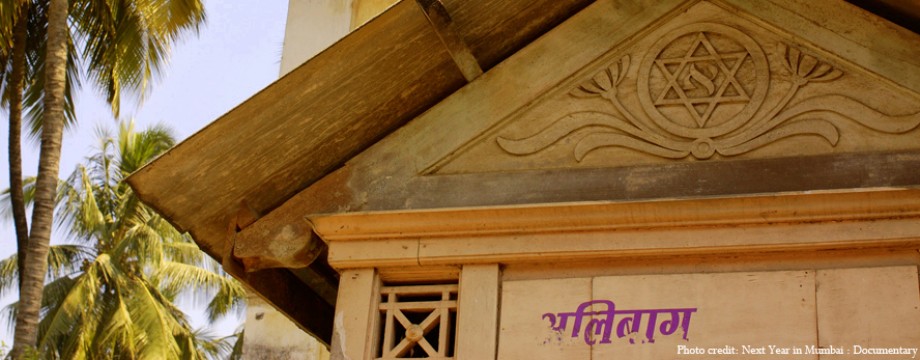TRAVELLING TO the Nehru Science Centre in Worli from Mahalaxmi Station, motorists take the Dr E Moses Road. While the road finds a mention on the addresses of other prominent locations in the city, such as Famous Studios and Mahalaxmi Race Course, very few know that the 2-km stretch is named after the city’s first Jewish mayor, Dr Elijah Moses. Belonging to the Bene Israeli community, Moses was also a medical practitioner and played an active role during the plague of the 1920s, treating people from all walks of life. What began as social service eventually led him to become a municipal councillor from Dongri, where his dispensary was located, and later to become the mayor of the city from 1937-38.
Believing that the proper disposal of the dead is necessary to avoid the spread of plague, he undertook the provision of cemeteries in the city. Also realising the need for proper home care for the poor after being discharged from hospitals, he associated himself with the King George V Infirmary. “The land for the cemeteries and crematorium was provided on Haine’s Road and the Infirmary is also on the same road. As these projects were located here, this road was renamed Dr E Moses Road,” says Jonathan Solomon, the maternal grandson of Moses. There is no plaque commemorating Moses, either on the road or on the walls of the cemetery, where he himself lies buried.


